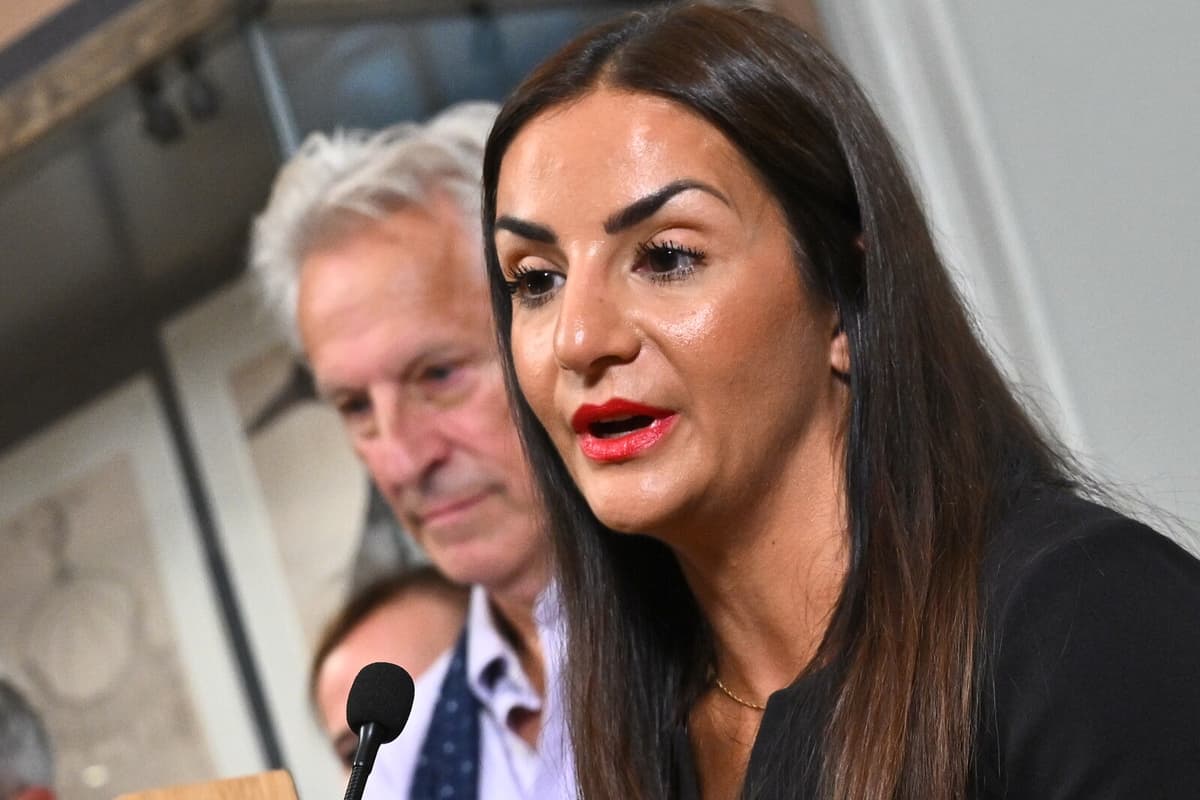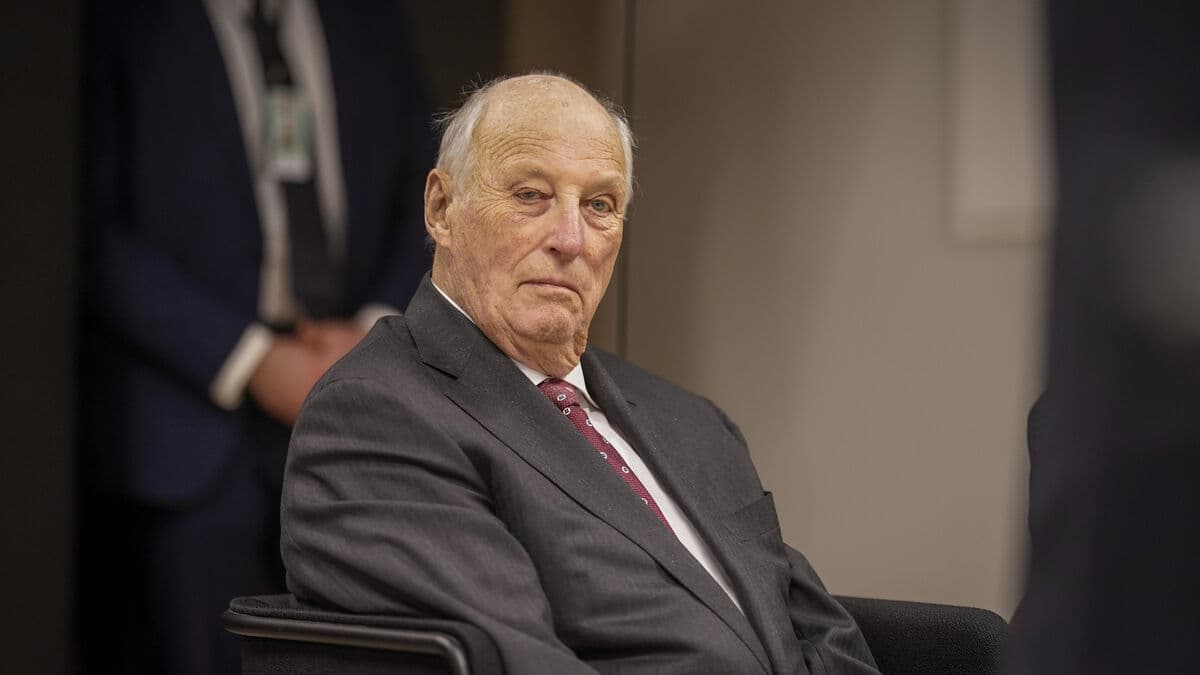Ikea, Strindberg, Katitzi and Ingmar Bergman. Parental leave, "Aniara" and Pippi Longstocking.
At a press conference at Gustavianum in Uppsala, the Minister of Culture received the final report "A cultural canon for Sweden" from the investigator and historian Lars Trägårdh.
There are few government investigations that have been so debated even before they have been presented. We have had a lively, fun, and crazy debate, both about the canon idea itself and about what it should and should not contain, says Liljestrand, who sometimes has been "pretty provoked".
100 works
Now, they have come up with 100 works within the arts such as literature, form, music, film, and performing arts, as well as society with a focus on religion, law and justice, economy, and history.
Literature is given extra weight through an anthology with ten poems, plus ten non-fiction works. The expert committee's Karin Sidén, associate professor of art history, emphasized that the selected works should be seen as "windows" to education and knowledge.
But how will this canon be used more concretely? If it "does not have an effect in school, it is completely meaningless" said Lars Trägårdh to Sveriges Radio in the spring, and the committee also proposes that "writings about the cultural canon" should be introduced in the school's governing documents.
Does it mean that parts can become mandatory according to the same model as in Denmark?
The committee has proposed a number of things, now it remains for the government to refer this to gather comments, answers Parisa Liljestrand.
The curriculum
The committee also proposes that parts of the cultural canon should be included in the curriculum for Swedish for immigrants. Whether it can serve as a basis for the citizenship test that the government wants to introduce is, however, something Parisa Liljestrand does not want to comment on.
When the Minister of Culture is asked if she has read certain authors or seen certain films, she usually claims her right not to participate in everything. Is not a government cultural canon a kind of requirement list towards, for example, schoolchildren?
Absolutely not, that's not how I see it. I see this as a product that should be inclusive, that really should appeal to people to take part in the community that we want to have in Sweden today.
The committee proposes that a new foundation should manage the Swedish cultural canon and revise and update it, preferably every tenth year. The foundation should work with folk high schools and study associations, but also with the general public.
The canon's 100 works, as well as the motivations for these, will be published digitally.
An illustrated edition will be published in book form.
It should, according to the proposal, be used in the reform of curricula and syllabuses both in school and in Swedish for immigrants, SFI.






